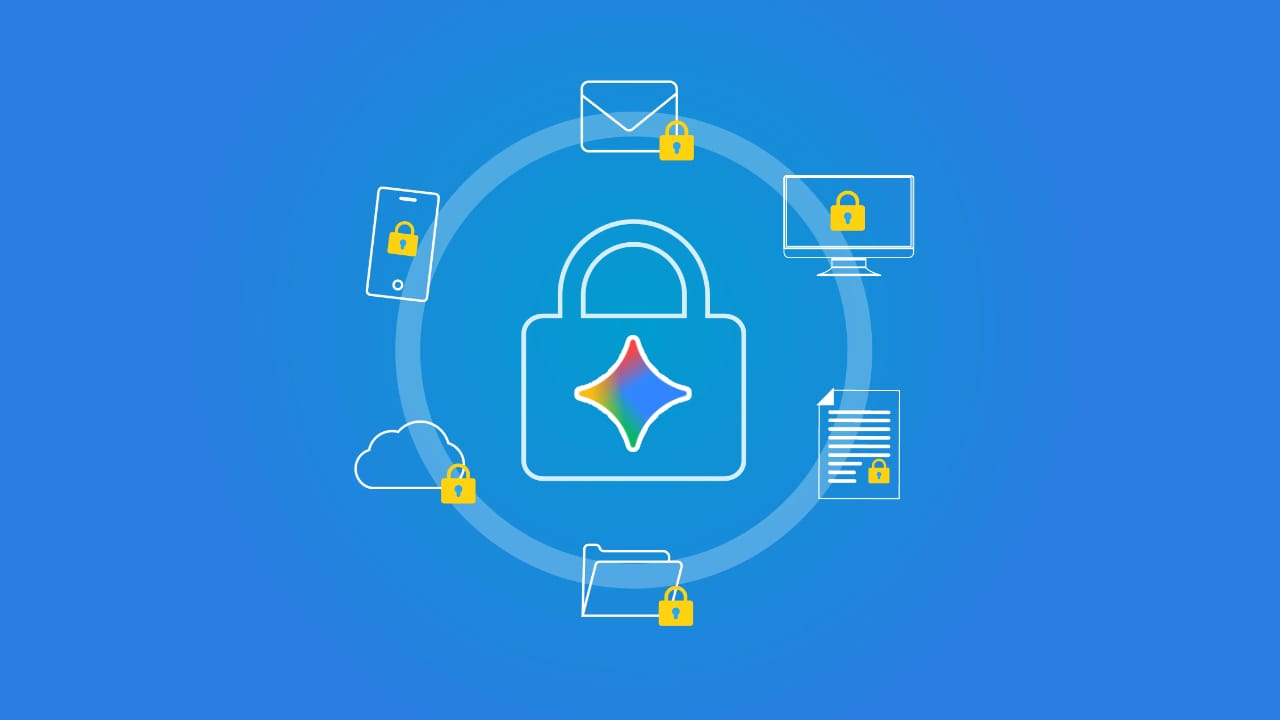The Privacy Gap in the AI Race: Why Chatbots Reveal More Than Search Ever Did
A critical look at how conversational AI changes user disclosure, reshapes privacy boundaries and positions Google to regain dominance through deep ecosystem integration.

The shift from traditional search engines to conversational AI has created a far more permissive environment for disclosure. Users share information in chat that they would never phrase in a public search bar. What used to be a set of short, fragmented queries has evolved into long narrative exchanges that expose intent, context and personal reasoning. This change is subtle, but the privacy implications are significant.
The more conversational AI becomes a default interface, the less users recognise what they are revealing. This is exactly where Google enters the picture. Not because Gemini is the most advanced model, but because Google’s ecosystem places AI directly inside the tools people already depend on.
Privacy is no longer a browser setting. It is an architectural concern that spans the entire digital environment.
Conversations expose a depth of context search never captured
Search engines have always encouraged limited disclosure. Users kept queries short and avoided unnecessary detail. Chatbots shift this behaviour dramatically. When interacting with an AI assistant, people naturally explain their situation, outline constraints and seek tailored advice. A single message can contain more context than dozens of search queries combined.
This depth of disclosure is what makes conversational AI powerful, but it also introduces privacy exposure that most users do not fully understand. The interface feels private even when it is not. That gap between perception and reality is becoming one of the biggest blind spots in modern digital behaviour.
Embedding AI across an ecosystem amplifies the risk
ChatGPT operates as a standalone destination. Google is embedding Gemini across Gmail, Docs, Drive, Chrome, Maps, Android and YouTube. Once AI becomes an integrated layer across these environments, the assistant gains insight that search engines never had. It sits beside sensitive content rather than waiting for users to open a separate tab.
The risk is not that Google accesses everything by default. The risk is that the boundaries become increasingly difficult for users to interpret. An assistant that appears inside your inbox or your calendar creates a fundamentally different trust relationship, even if the technical safeguards are sound.
When multiple services feed context into a single conversational layer, traditional privacy models fall short.
⚠️ The governance frameworks for this type of AI integration are underdeveloped.
Google’s competitive advantage is distribution, not model quality
If Gemini becomes the default assistant across Android devices, Chrome sessions and Workspace tools, usage grows automatically. This advantage has nothing to do with neural architecture and everything to do with platform control.
OpenAI relies on deliberate user action. Google benefits from being omnipresent.
A few structural factors work in Google’s favour.
• AI integrated directly into everyday tools reduces the need for external chatbots
• Behavioural patterns emerge naturally because users stay within one ecosystem
• Cross-service context provides stronger personalisation without extra effort
• Adoption increases simply because the assistant is already there
This is how Google could surpass ChatGPT even if the underlying model remains comparable.
Invisible privacy tradeoffs
The most concerning shift is the loss of clarity. When data lives in separate products, users can reason about risk. When an AI layer sits across communication, documents and location data, boundaries become abstract. Even experts struggle to articulate exactly what is inferred, cached or correlated in the background.
This opacity is not necessarily the result of misuse. It is a systemic outcome of building assistants that operate across multiple surfaces. Transparency becomes harder as the assistant becomes more capable.
Regulation is behind the curve
Regulators were prepared for cookies, tracking pixels and third-party marketing pipelines. They were not prepared for conversational AI at scale. Traditional consent frameworks do not match the depth of voluntary disclosure users provide during chat interactions.
There is no clear standard for
• how conversational context should be isolated
• how long combined insights may persist
• what cross-service reasoning constitutes excessive correlation
Without new guidelines, the industry will continue to move faster than the legal environment can respond.
Why Google may ultimately overtake ChatGPT
If AI becomes the default interaction layer inside Google’s ecosystem, user behaviour will shift toward whichever assistant is most accessible. Convenience reliably outperforms capability at scale. Users will not open a separate chatbot if the built-in one is already part of their workflow.
Google’s infrastructure advantage is straightforward. It owns the entry points where most digital interactions begin. If Gemini evolves into a unified assistant across these touchpoints, Google could regain dominance even without delivering the objectively strongest model.
Final thought
The privacy conversation around AI needs to shift from generic warnings to architectural analysis. Users reveal more in chat than any prior interface allowed. As AI becomes deeply embedded in productivity tools and operating systems, the industry faces a new responsibility to create safeguards that match these behavioural realities.
This next phase of AI adoption demands a more critical, transparent and accountable approach than anything seen in the search era.
